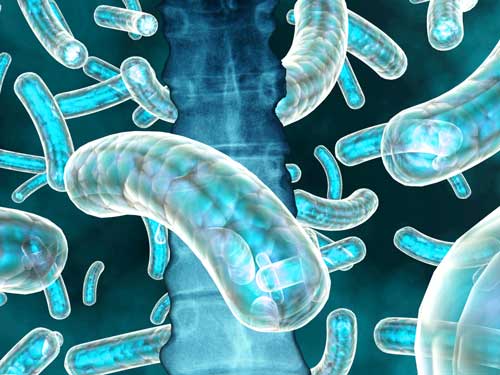Are Infections the reason for Disk Degeneration?
Dr. Ganko et al Published an intriguing article called “Can Baterial Infection by Low Virulent Organisms Be a Plausible Cause for Symptomatic Disk Degeneration?: A Systematic Review” in the May 15, 2015 issue of Spine.
To summarize the paper, prior studies on the prevalence of infections in disk material were pooled together to do a so called meta-analysis. 9 papers, with a pooled population of 602 patients were analysed. Only one of the papers had patients given prophylactic antibiotics before sampling the disk material.
The data showed that approximately 36% of the samples had evidence of a low grade bacterial infection. The most common organism was Propionibacterium acnes, a bacteria found commonly on the skin. It is a low virulence bacteria. This low virulence and destruction potential may be why it may be found in the disks without evidence of a full blown disk infection (discitis).
As most of the samples were obtained in patients not given pre-operative antibiotics, it may be why we do not see this high prevalence in patients in the US, as pre-op antibiotics is fairly common.
The question remains, what is the reason for this high prevalence of infection? As the patients who underwent the surgery had disk pathology, back pain, and/or sciatica, is there a relationship with a low grade bacterial infection and the presence of the disk pathology? Does the low grade bacterial infection make the disk more susceptible to developing a symptomatic disk pathology?
The authors appropriately question the validity of the results, and suggest more studies to try to answer these questions. Still, papers like these point out that we still do not fully understand the nature of disk degeneration, the causes of disk herniations, and the cascade of events that may contribute to the development of these disk findings.
The paper does present another potential factor for why people develop disk degeneration.
Last modified: January 5, 2018










